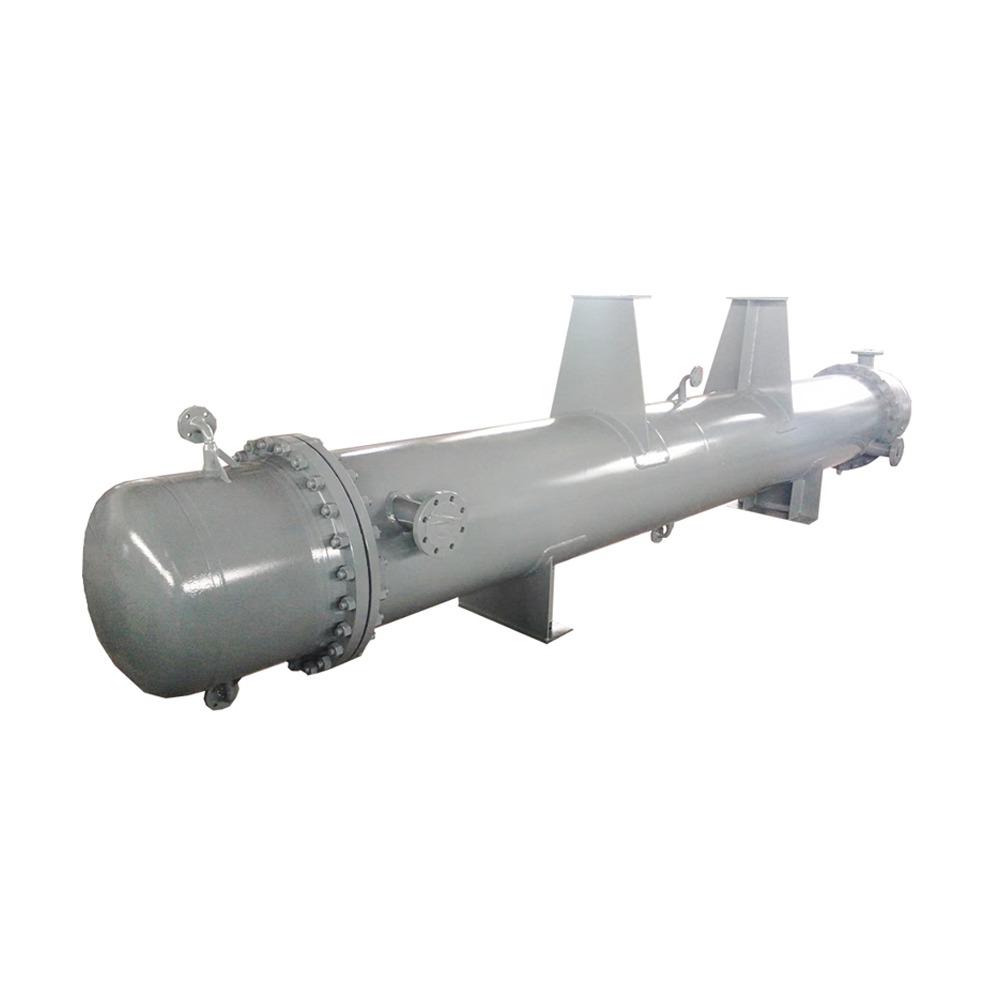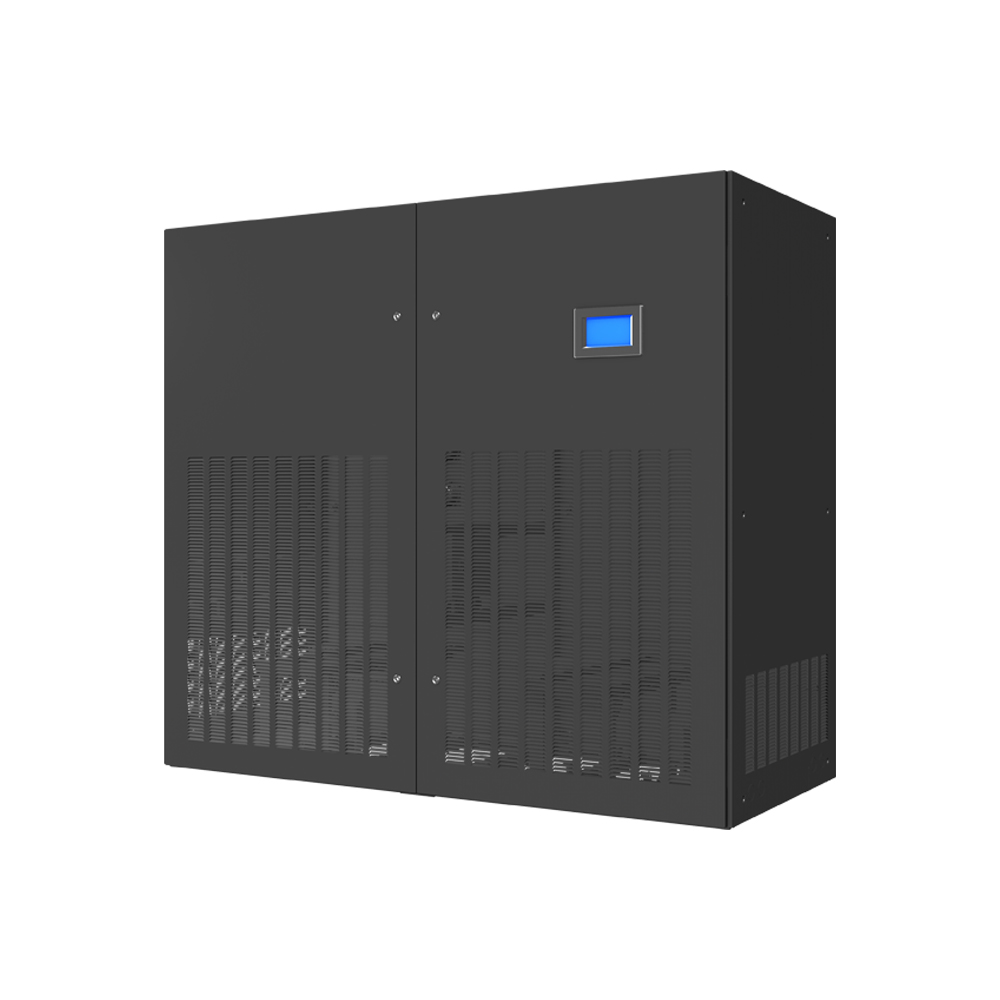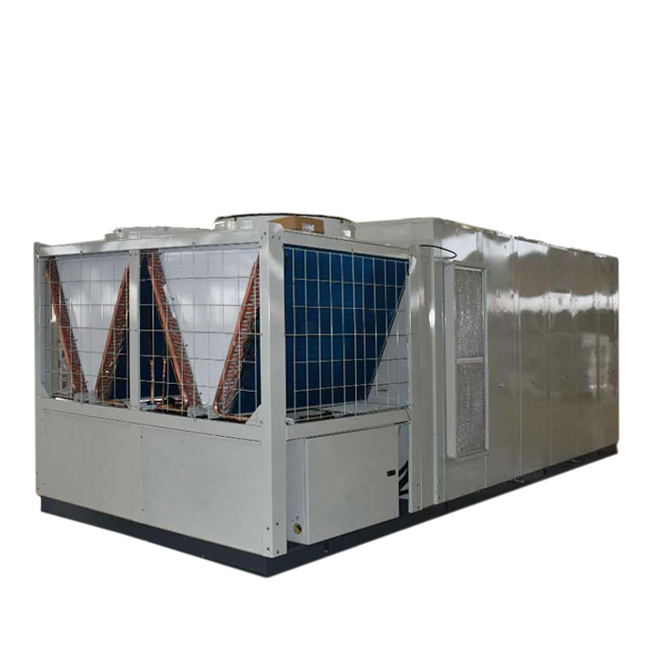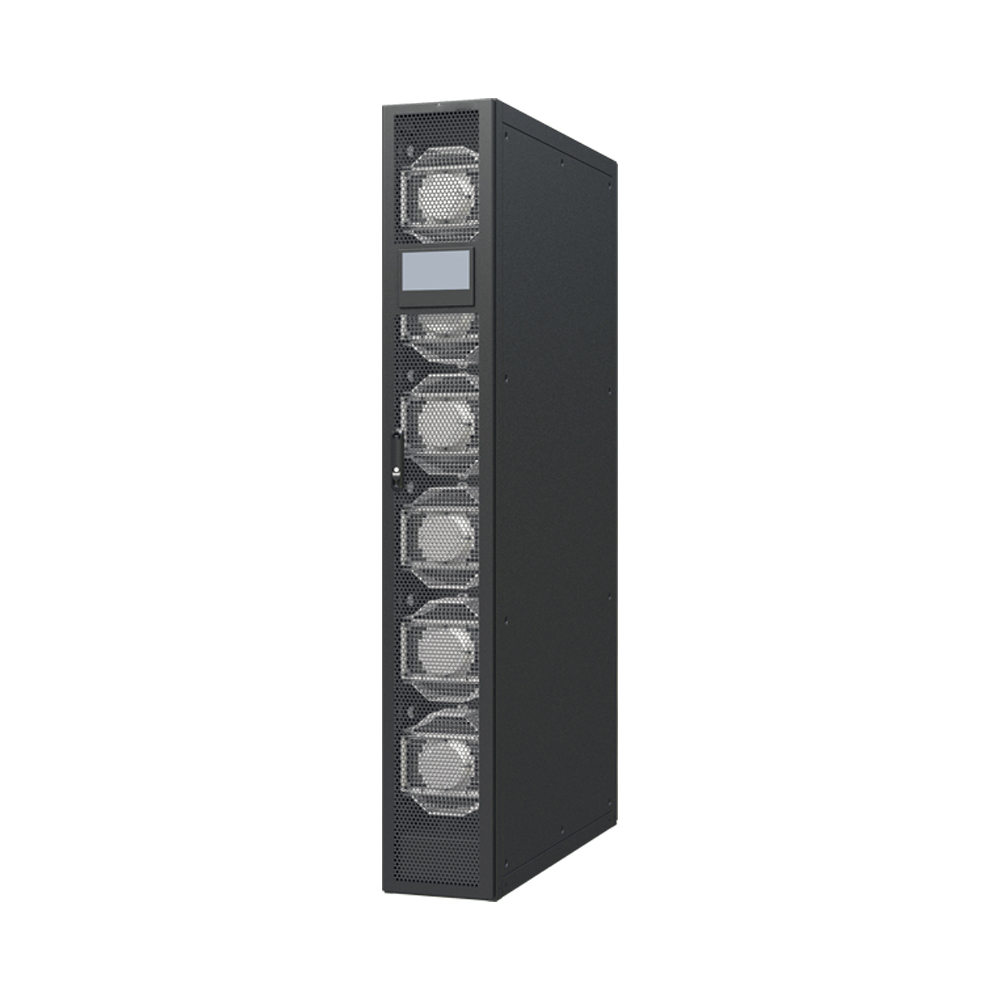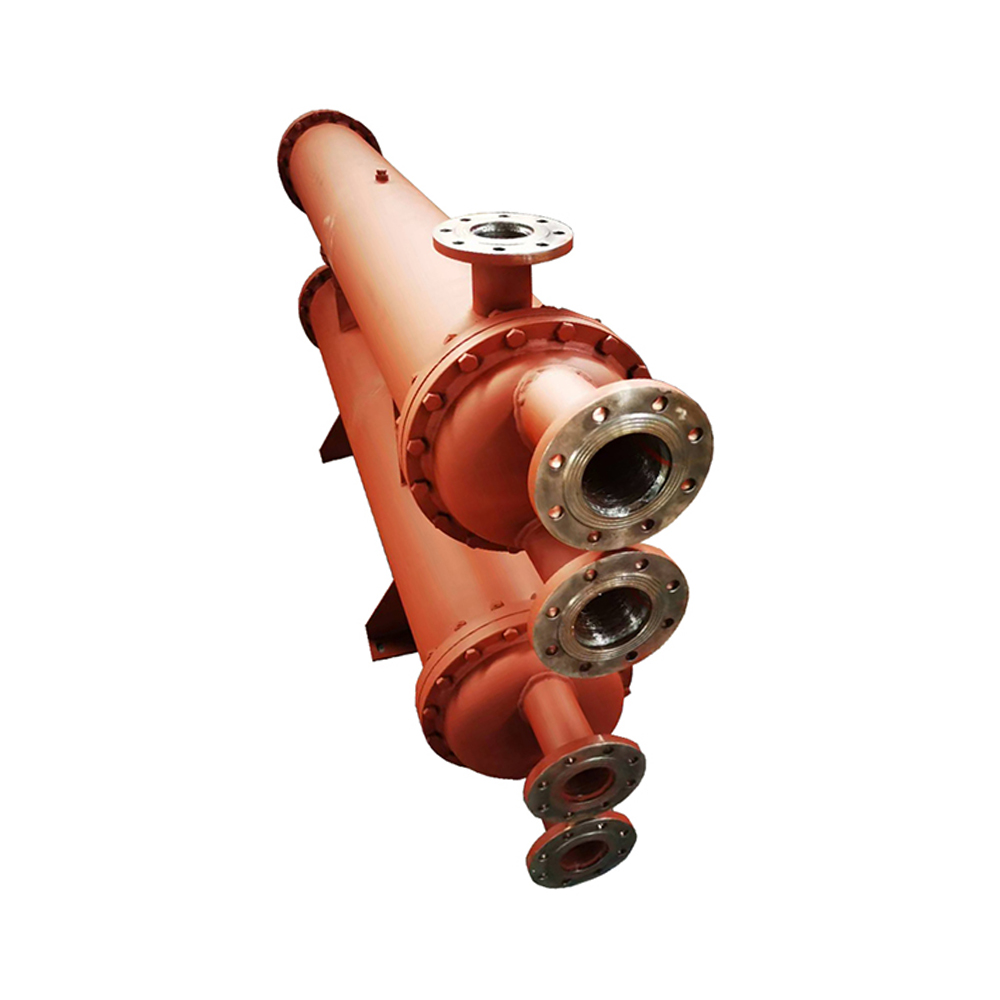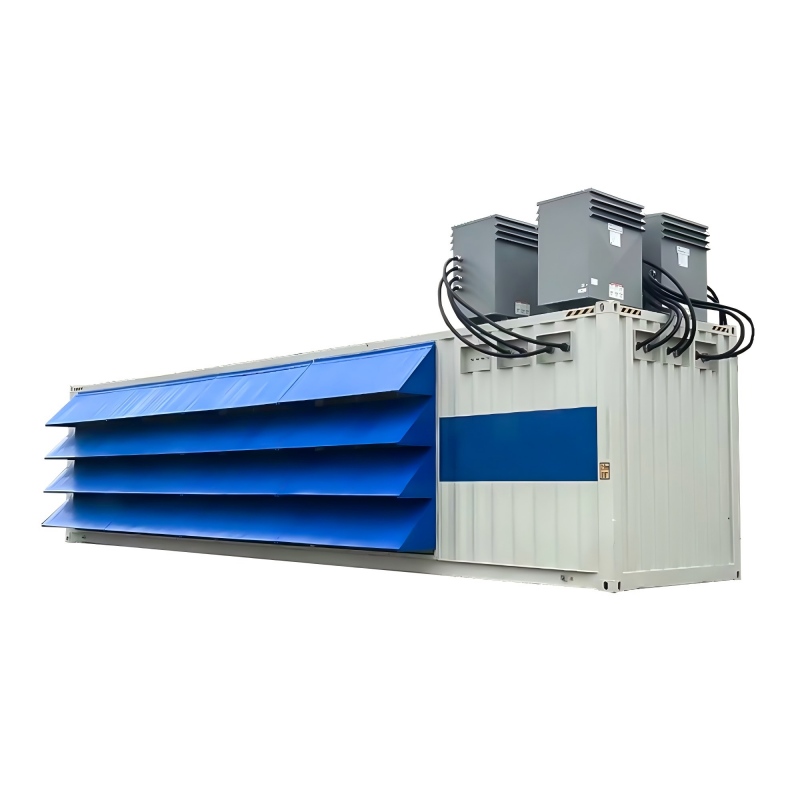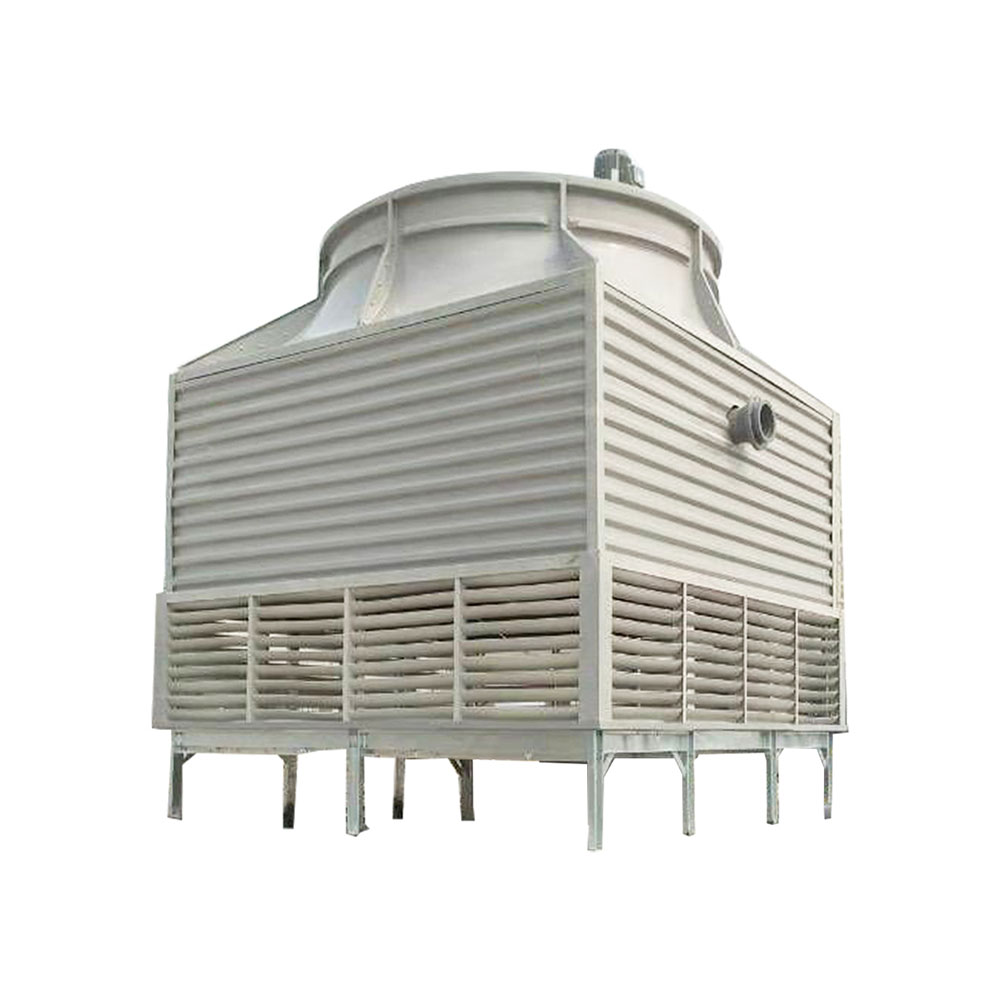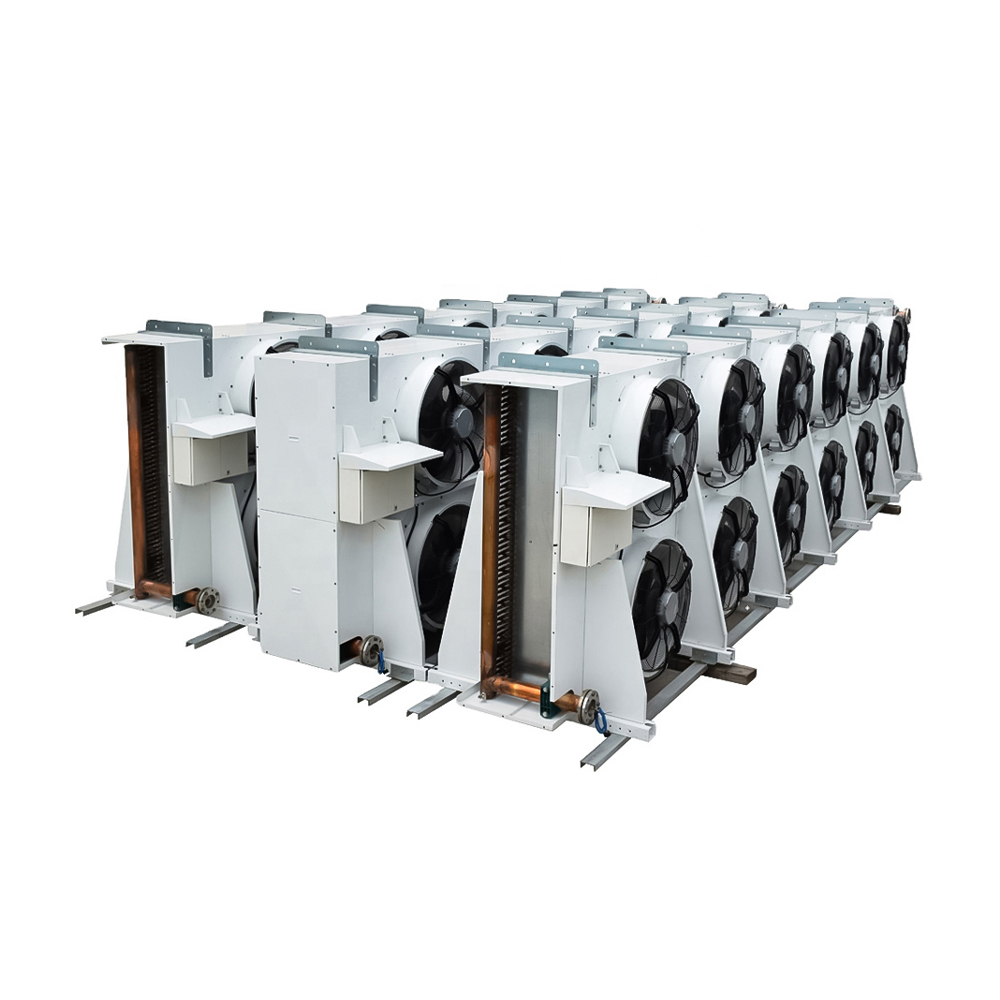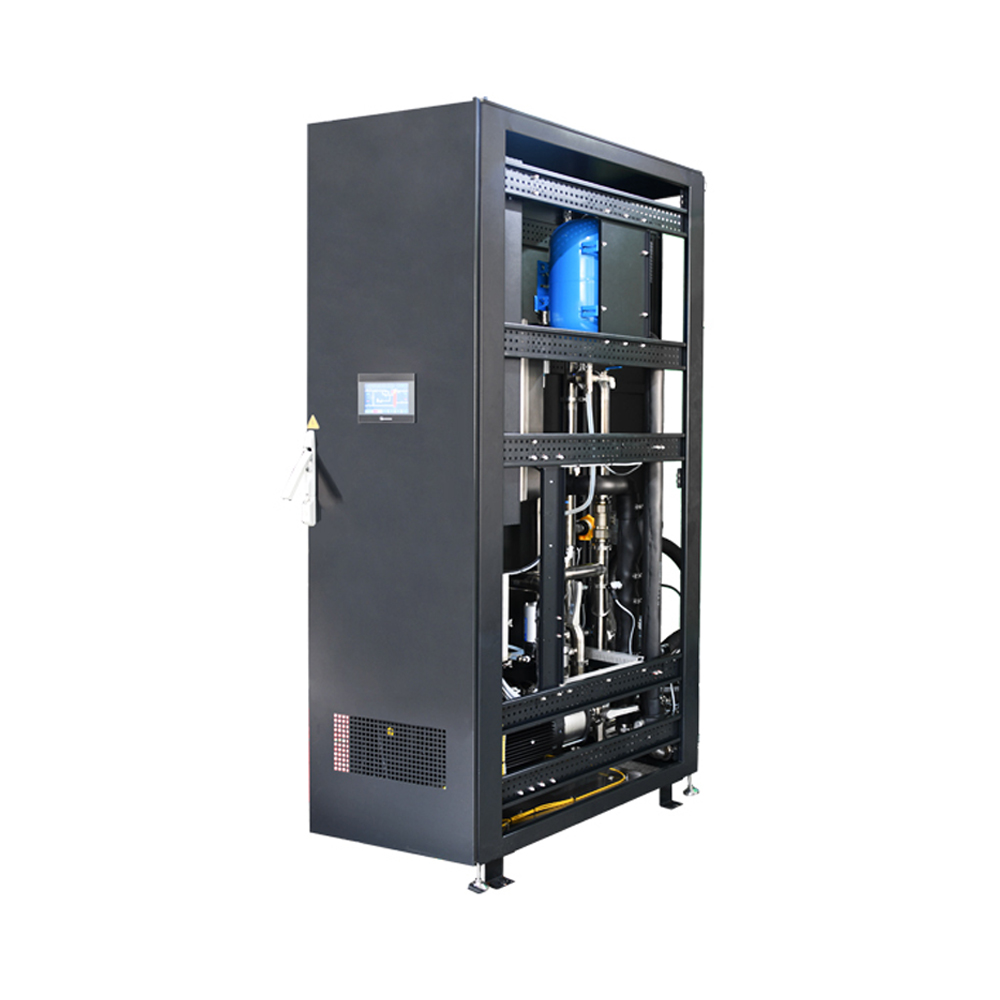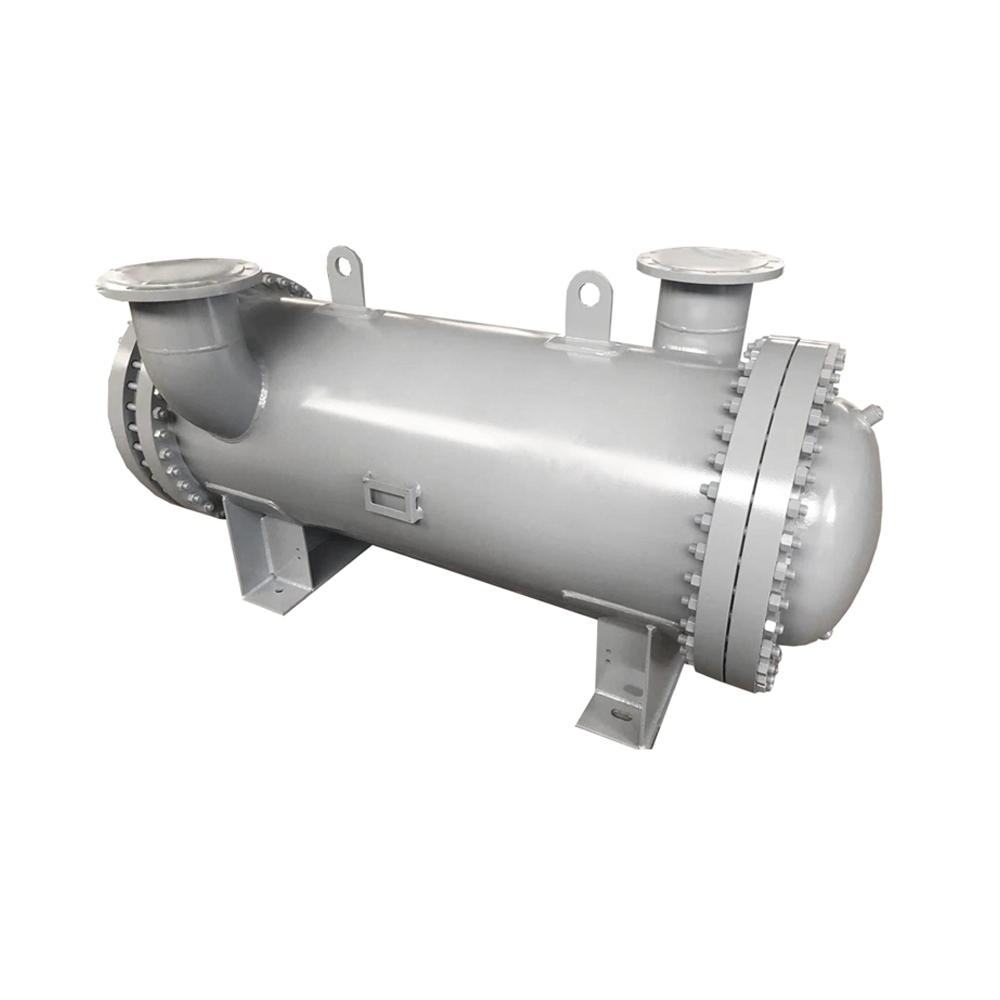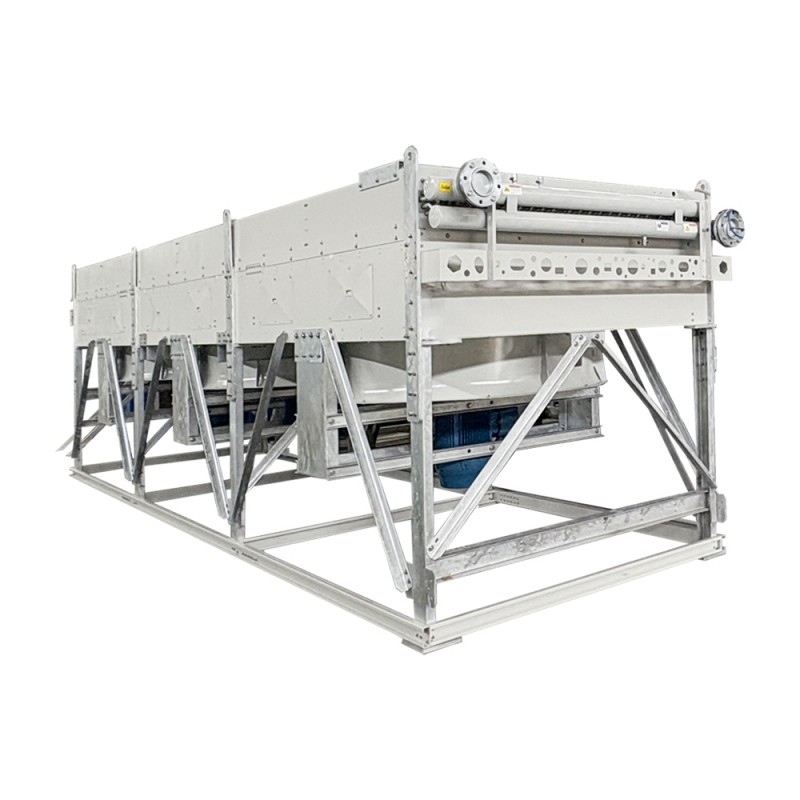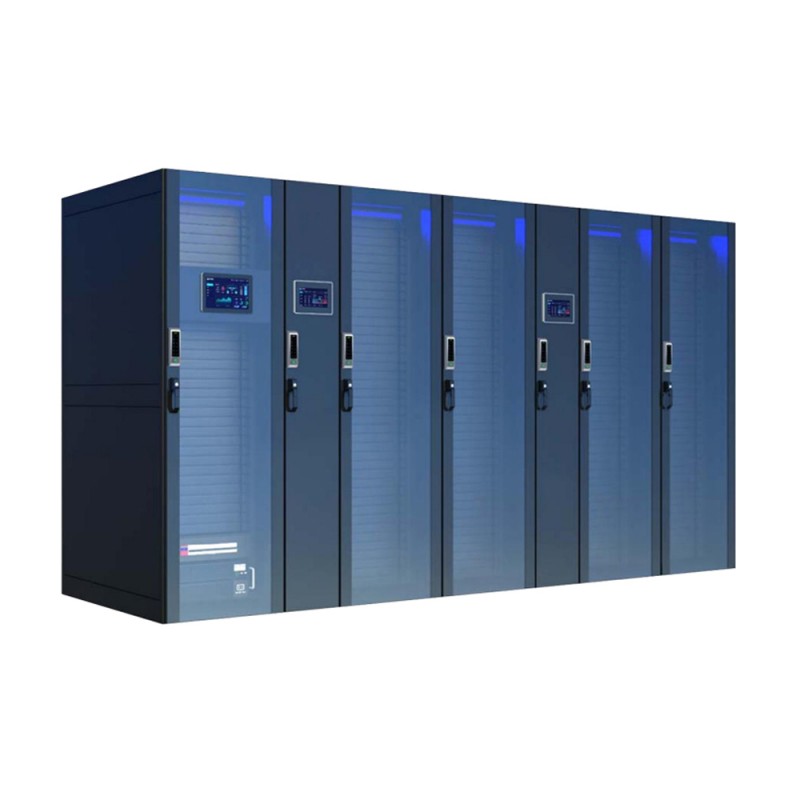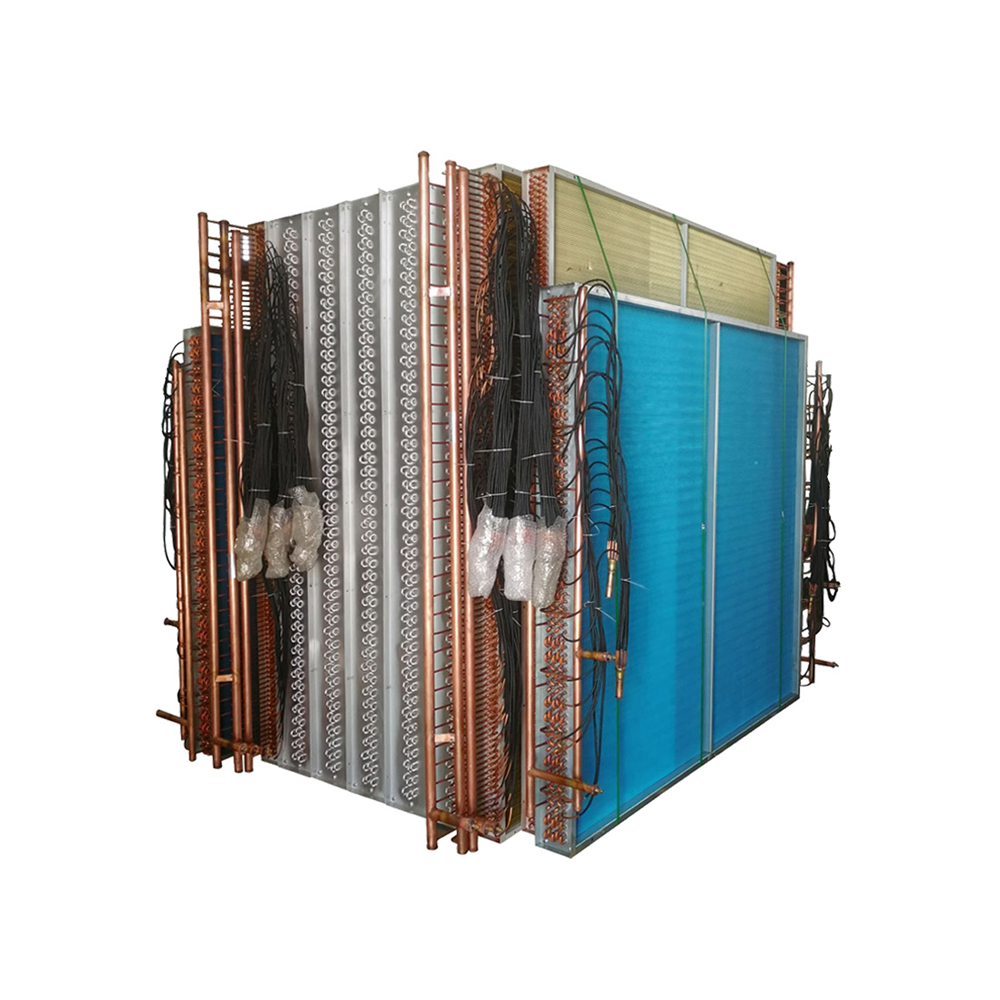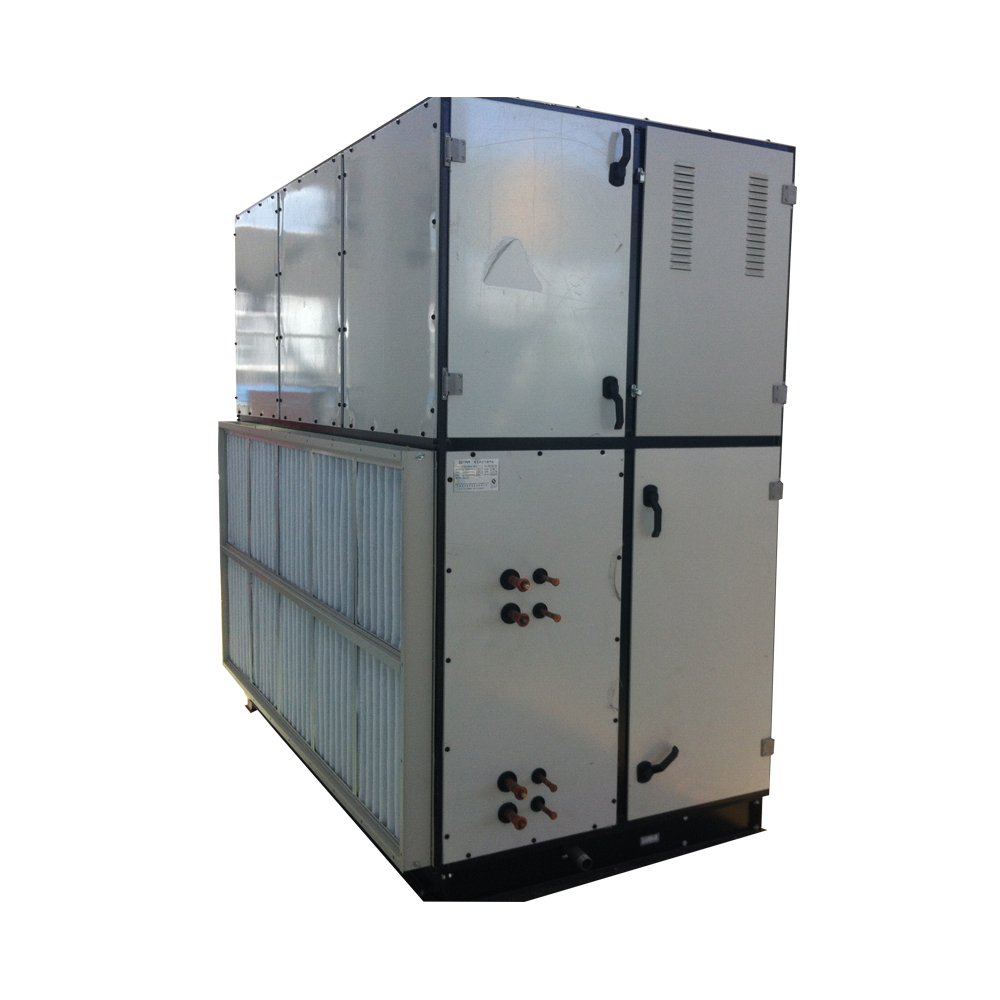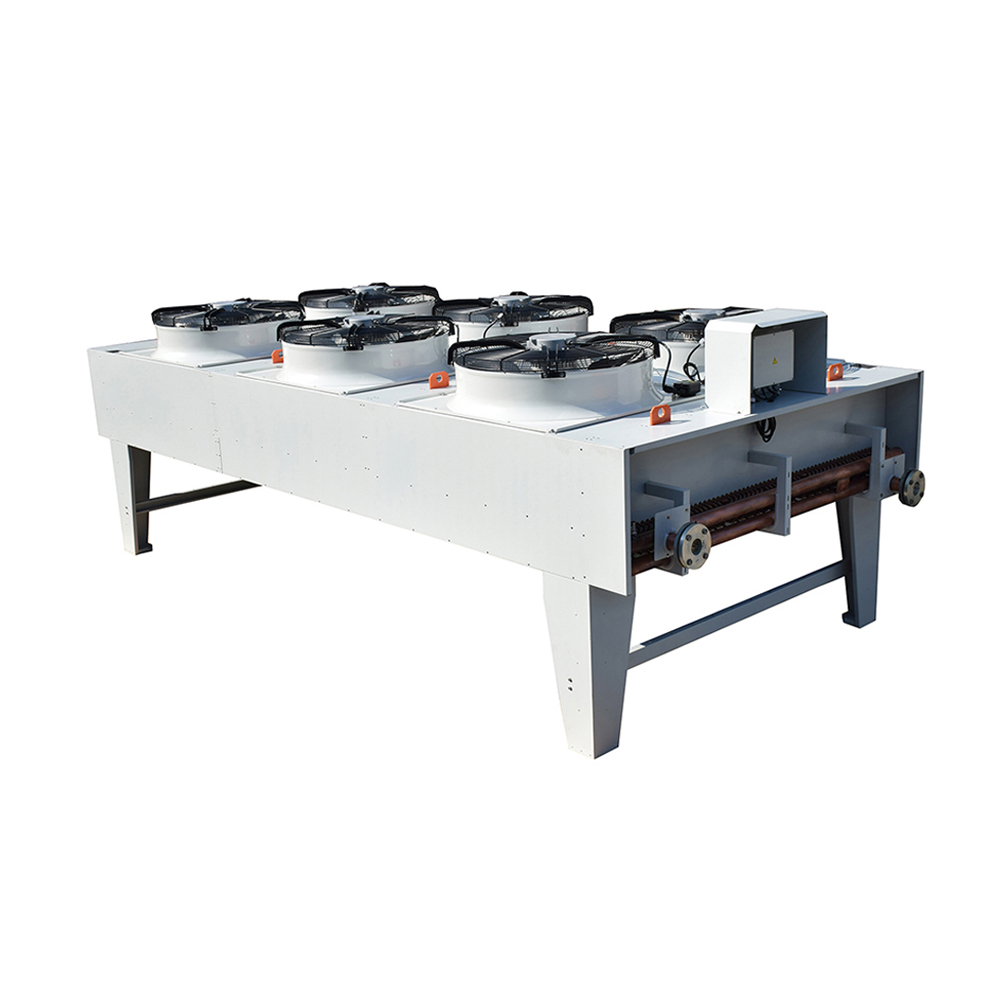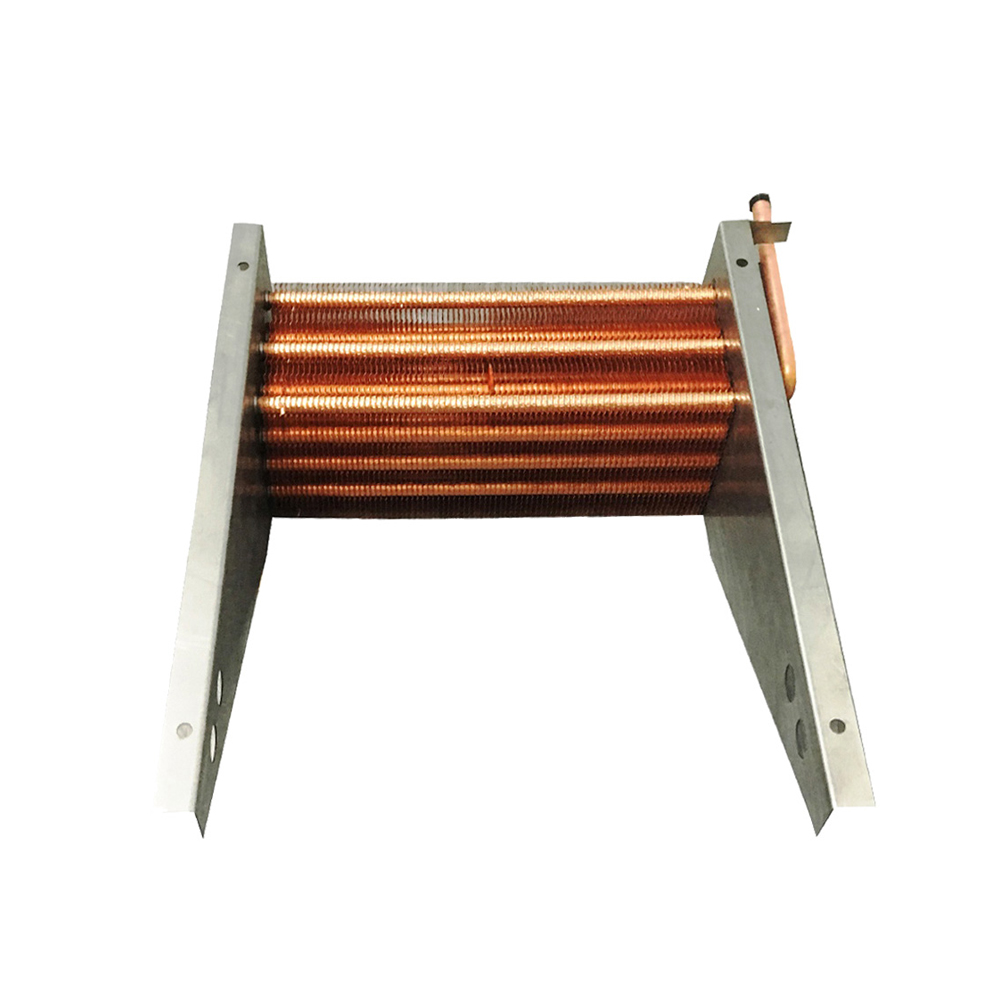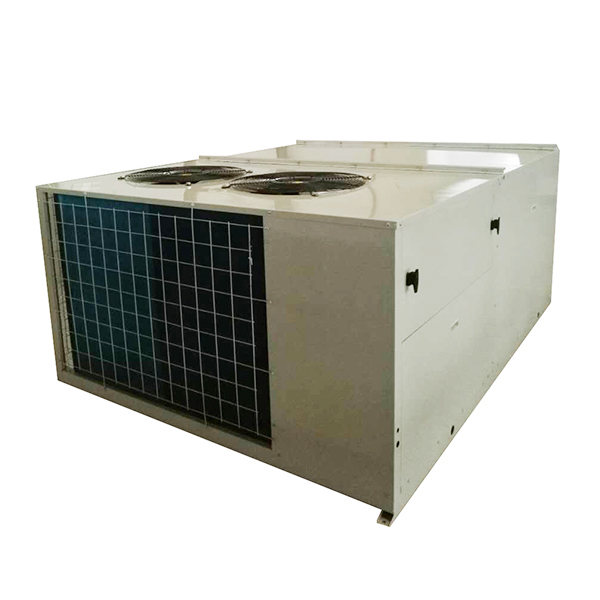Choosing the right air cooling coil can significantly impact the efficiency and performance of your HVAC system. This guide provides a comprehensive overview to help you select the ideal coil for your specific needs, considering factors like capacity, material, refrigerant, and application. We'll explore various types of air cooling coils, their pros and cons, and key considerations for installation and maintenance.
Understanding Air Cooling Coils
What is an Air Cooling Coil?
An air cooling coil, also known as an evaporator coil, is a crucial component of air conditioning systems. It's a heat exchanger that absorbs heat from the air passing over it, cooling the air and releasing the absorbed heat to a refrigerant. The cooled air is then circulated throughout the space, providing a comfortable environment. The choice of the right air cooling coil is critical to maintaining optimal system performance. Factors such as the size of the space, the climate, and the type of refrigerant used all play a role in selecting the appropriate coil.
Types of Air Cooling Coils
Several types of air cooling coils exist, each designed for specific applications and conditions. Common types include:
- Finned Tube Coils: These are the most common type, featuring copper tubes with aluminum fins for efficient heat transfer. They are readily available and relatively inexpensive.
- Plate and Fin Coils: These coils use thin plates and fins, offering a higher surface area for heat transfer and improved efficiency. However, they are often more expensive than finned tube coils.
- Microchannel Coils: These coils utilize smaller channels, resulting in increased efficiency and reduced refrigerant charge. They offer exceptional performance but can be more challenging to repair.
Factors to Consider When Choosing an Air Cooling Coil
Capacity and BTU Rating
The capacity of an air cooling coil, measured in British Thermal Units (BTU), should match the cooling requirements of the space. An undersized coil will struggle to cool the space effectively, while an oversized coil might lead to short cycling and reduced efficiency. Accurate BTU calculation is crucial for optimal performance. You can find BTU calculators online to help you determine the appropriate size for your needs.
Material and Construction
The material of the air cooling coil significantly impacts its durability and efficiency. Copper is a popular choice for its excellent heat transfer properties and corrosion resistance. Aluminum fins are lightweight and provide a large surface area. The quality of construction, including the fin density and tube spacing, also influences performance.
Refrigerant Compatibility
Ensure the air cooling coil is compatible with the refrigerant used in your HVAC system. Using an incompatible coil can lead to system malfunction and potential damage. Always consult the manufacturer's specifications to ensure compatibility.
Application and Installation
The installation location and environment should be considered when selecting an air cooling coil. Factors like airflow, humidity, and potential exposure to corrosive elements will affect the coil's lifespan and performance.
Top Brands and Models (Examples - Replace with actual research)
While specific product recommendations depend heavily on your unique needs, researching reputable manufacturers is crucial. Consider brands known for quality and reliability in the HVAC industry. Look for reviews and compare specifications before making a decision. Remember to check for certifications like those from AHRI (Air-Conditioning, Heating, and Refrigeration Institute) which ensure quality and performance.
Maintenance and Cleaning
Regular maintenance is essential for maximizing the lifespan and efficiency of your air cooling coil. Cleaning the coil to remove dust and debris improves heat transfer and prevents damage. Consider professional cleaning for optimal results. Regular inspections can identify potential issues early, preventing costly repairs later.
Conclusion
Selecting the best air cooling coil requires careful consideration of various factors, including capacity, material, refrigerant compatibility, and application. By understanding these factors and comparing different options, you can choose a coil that optimizes your HVAC system's efficiency and provides years of reliable service. For high-quality and reliable air cooling coils, consider exploring options from reputable manufacturers such as Shanghai SHENGLIN M&E Technology Co.,Ltd. Remember to always consult with a qualified HVAC professional for installation and maintenance.









